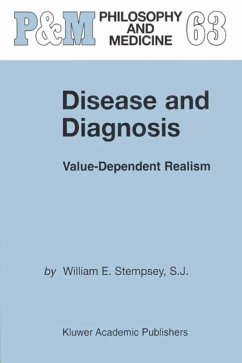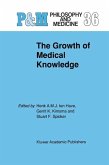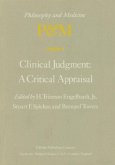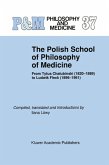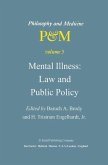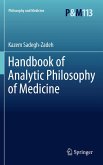The germs of the ideas in this book became implanted in me during my experience as a resident in clinical pathology at Boston University Medical Center. At the time, I had inklings that the test results churned out by our laboratories were more than scientific facts. As a philosophically unsophisticated young physician, however, I had no language or framework to analyze what I saw as a deep philosophical problem, a problem largely unrecognized by most physicians. The test results provided by our laboratories were accurate and of great practical importance for patient care. However, most of the physicians who relied on our test results to diagnose and treat their patients either did not have the time or interest to consider the philosophical issues inherent in diagnosis, or, like me, had inadequate means to further analyze them. It was more than ten years later that I began doctoral studies in philosophy, and I was fortunate to find a faculty that was supportive ofmy efforts to address the problem. This book began as my doctoral dissertation in the Department of Philosophy at Georgetown University. I would like to acknowledge the assistance of my mentor, Robert Veatch, Ph. D. Our conversations during my Georgetown years led me in new and often fascinating directions. I would also like to acknowledge the help of Kenneth Schaffner, M. D. , Ph. D.
Dieser Download kann aus rechtlichen Gründen nur mit Rechnungsadresse in A, B, BG, CY, CZ, D, DK, EW, E, FIN, F, GR, HR, H, IRL, I, LT, L, LR, M, NL, PL, P, R, S, SLO, SK ausgeliefert werden.

